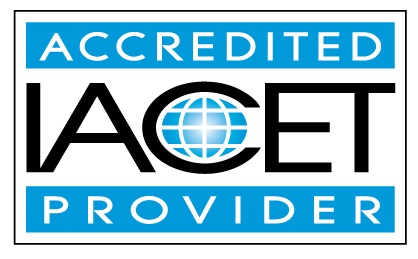Description
Understanding the federal definition and regulations related to physical restraints is critical to the safe and legal implementation of secondary postural supports commonly used in wheelchair seating. The Omnibus Budget Reconciliation Act of 1987 (OBRA) regulations define and regulate the use of a variety of physical and chemical restraints in all health care facilities receiving federal funds, including hospital settings and long-term care settings. “Restraint-free” settings have also expanded to community based settings such as group homes. Secondary seating supports, such as pelvic positioning devices, are commonly used in wheelchair seating and positioning to optimize a person’s posture and function while seated in a wheelchair. Providing optimal positioning support becomes more challenging when postural support devices also meet the statutory definition of a physical restraint, and are therefore regulated in very specific ways. This webinar will focus on this complex issue and offers attendees potential seating and positioning solutions.
Learning Outcomes:
The participant will be able to define a restraint according to the OBRA 1987 regulations.
The participant will be able to describe current OBRA regulations related to restraint use in at least 2 settings.
The participant will be able to discuss clinical indications for 3 secondary seating components and identify whether these components would be defined as a restraint by OBRA.
Barbara Crane is a Professor of Physical Therapy at the University of Hartford in West Hartford, CT. She received a BS in Physical Therapy from the University of Connecticut, an MA in Gerontology from Saint Joseph College, West Hartford, CT, and a PhD in Rehabilitation Science and Technology from the University of Pittsburgh, Pittsburgh, PA. She is also a certified Assistive Technology Professional (ATP) and Seating and Mobility Specialist (SMS) by the Rehabilitation Engineering and Assistive Technology Society of North America (RESNA). She has over 20 years of clinical experience in adult neurological rehabilitation with a specialty in assessment and recommendation of custom wheelchairs and seating systems. She has lectured extensively at local, national, and international conferences and is a faculty for the RESNA Fundamentals of Assistive Technology course.


